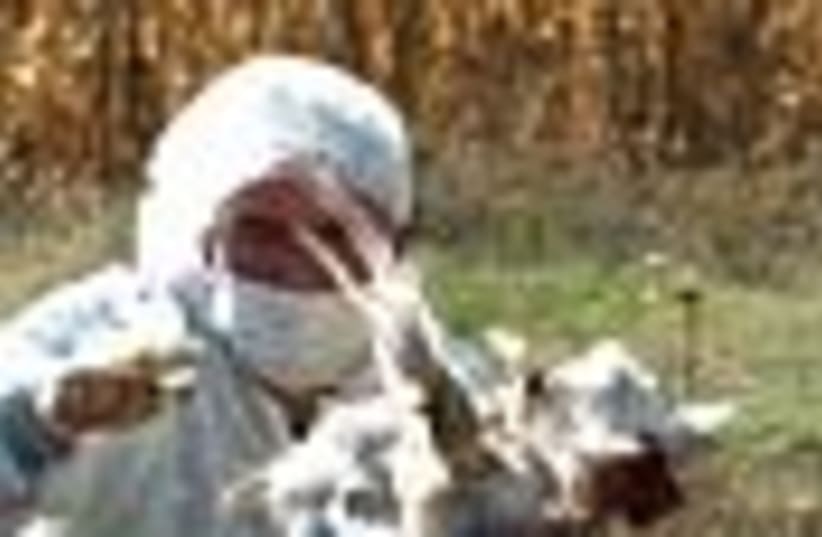| JPOST.COM HIT LIST | |
| JPost.com's most popular articles this past week |
Bird flu suspected at Moshav Kinneret
Birds tested, results expected Tuesday; CDC: No proof that Tamiflu is effective.


| JPOST.COM HIT LIST | |
| JPost.com's most popular articles this past week |